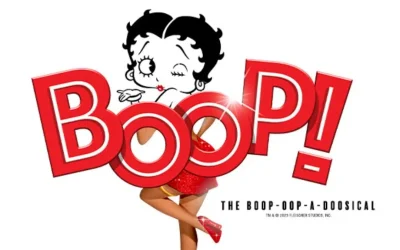Just a few years ago, it would have been unthinkable to consider baseball the pro sport with the stablest labor-management relationship. With the announcement this week of a new five-year labor agreement between owners and players, Major League Baseball can claim that title.
With the NBA lockout dragging on and threatening to cancel its season, and with NFL coming off months of contentious negotiations that ended its lockout, MLB can now boast of a deal that will give the sport 21 uninterrupted years of labor peace.
“Nobody back in the ’70s, ’80s and early ’90s, 1994, would ever believe that we would have 21 years of labor peace,” baseball commissioner Bud Selig said in announcing the new agreement on Tuesday, November 22.
The news no doubt pleases fans and ticket brokers who have grown weary of other leagues’ season-halting arguments between billionaires and millionaires.
“I think it’s great for baseball,” Jim Holzman, owner of Ace Ticket in Boston, told TicketNews. “Baseball leads the way as usual. Teams and the sport are healthy. You even have the players agreeing to HGH [human growth hormone] testing.”
Holzman, along with other brokers whose losses mount as the NBA’s labor dispute continues, is just happy he can count on baseball for a while. Ace Ticket has a ticket resale partnership with the Red Sox, so he took a keen interest in the baseball negotiations.
“They’ve seen what’s gone on with the other two [NFL and NBA],” Holzman said. “It’s not just the players and owners who are affected. It’s businesses, restaurants.”
“Baseball’s hot right now,” Jon Heyman, Sports Illustrated senior baseball writer and MLB Network analyst, told TicketNews. “It’s got a lot of things going for it, and they didn’t want to mess it up.”
MLB concluded a regular season with the fifth-highest attendance in its history (more than 73 million fans). The past eight years are the eight best-attended seasons in MLB history, including four record-breaking years topped by 2008 (more than 78 million). Eighteen of the 30 teams saw an attendance increase last season from 2010, and nine teams drew more than 3 million fans.
The average ticket price was $26.91, a slight increase over 2010 ($26.60), but it marked the smallest hike since Team Marketing Report began surveying MLB prices in 1991.
A record 38 games were played in the postseason, culminating in the first seven-game World Series since 2002. The St. Louis Cardinals went from 10 games out of a Wild Card spot in September to improbable world champions last month.
MLB will even potentially solve one of its biggest problems this off-season now that Frank McCourt has agreed to sell the Los Angeles Dodgers. McCourt’s messy divorce helped plunge the team into bankruptcy, but its sale could spark a turnaround in slumping ticket sales.
The wide-ranging agreement, which still must be ratified by the players, includes the first HGH blood testing policy in major professional sports.
It also expands the playoffs to 10 teams by adding another Wild Card team in the American and National Leagues. That change that could occur as early as next season.
Additionally, the labor deal covers everything from changes in the amateur draft to new safer batting helmets to expanded use of instant replay on umpire’s calls. It also includes the realignment of the AL and NL by 2013.
The biggest fundamental change comes with the additional Wild Card teams. A decision on whether that will be implemented next season or in 2013 is expected before the January owners’ meeting.
Under the new plan, the AL and NL Wild Card teams — the non-first place teams with the best records — will meet in a one-game playoff, with those winners reaching the Division Series.
While purists may decry it as another dilution of a postseason that was once limited to only the AL and NL champions, supporters argue that it puts MLB on par with the other major league sports. In the NFL, 12 out of 32 make it, and in the NBA and NHL, 16 of 30 do.
Unlike previous negotiations in baseball, and most recently in the NBA and NFL, there was no contentiousness as the parties moved swiftly to a new deal and reached an accord well before the December 11 deadline.
“They got it done three weeks early,” Heyman said. “I think the biggest reason is you don’t have two people who hate each other negotiating. It’s Rob Manfred for the owners and Michael Weiner for the players instead of [former players chief] Don Fehr and Selig. They’re the first pro sports league to agree to HGH testing, which, if you remember the way they botched the steroid issue, that’s big.”



